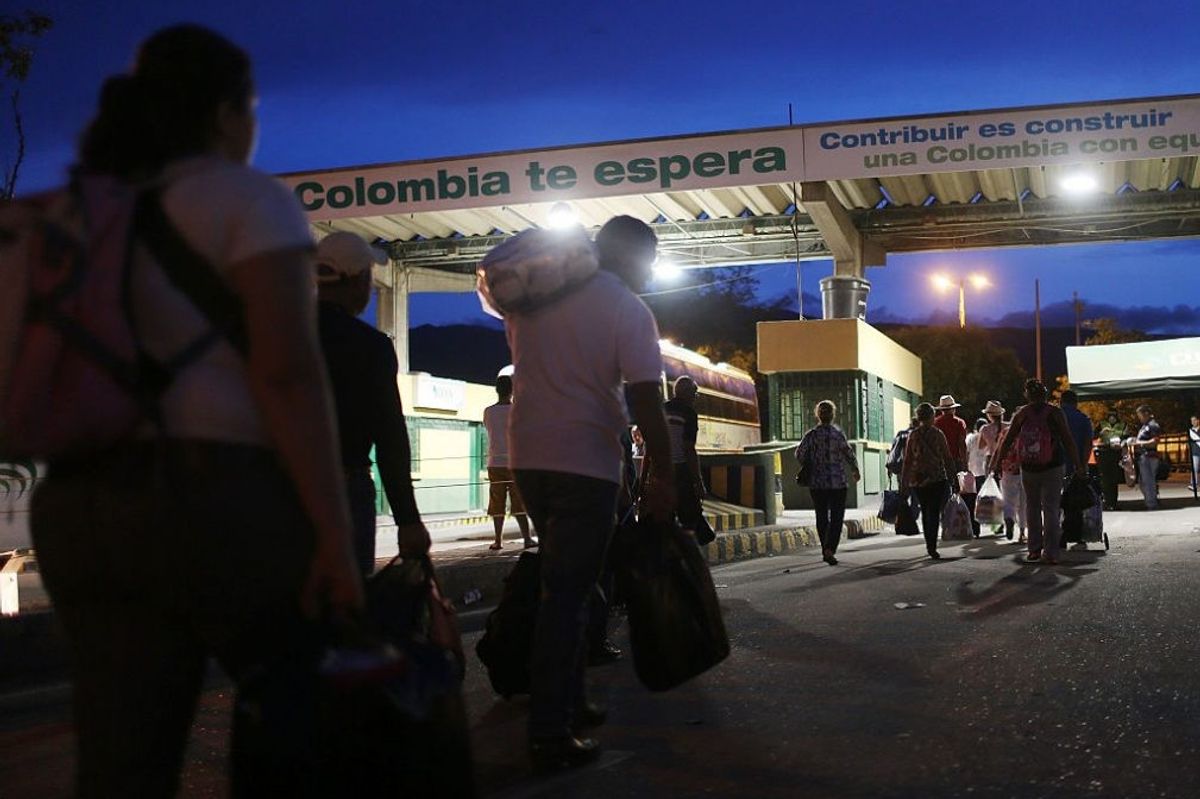Optimism is in short supply here in Brazil and for good reason. Consumer confidence is at its lowest level in 10 years; both inflation and unemployment are increasing, and debt as a percentage of household income is approaching 50% — perhaps not surprising when the annual interest rates on most credit cards are in excess of 250%. The political establishment has been rocked by a series of seemingly pervasive corruption scandals, public finances are in disarray, and the government has no money to spend its way out of the crisis. Social assistance payments to the poorest people, and generous workers benefits, keep a lid on widespread discontent, but the government suffers from the lowest popularity rating in history, and many are calling for the impeachment of the president. Little wonder then in a recent editorial, the Financial Times described Brazil as a terminally-ill patient.
Nevertheless, commerce continues. The daily flow of traffic clogging the inadequate transportation networks in most major cities seems as bad as ever. While many industries are suffering because of the commodity-related downturn and the paralyzing effects of the Petrolão, Brazil’s economy remains the most important in South America. Construction crews are working 24 hours a day on the overdue infrastructure projects to be completed before the Olympic Games in Rio de Janeiro next summer, and there is no immediate prospect of capital or intellectual flight.
That said, if commodity prices do not bounce back in the next couple of years, it would take a brave, ethical and charismatic politician to impose and manage the type of austerity measures necessary to put Brazil on the path to recovery. Brazil’s congress and senate seem to lack individuals with a combination of two of these characteristics, let alone all three. However, even at the current rate of decline, it will take a long time for Brazil to reach the level of dysfunction currently seen in Venezuela and Argentina.
Most multinationals operating in Brazil will be able to continue business as usual while perhaps taking advantage of the current downturn to trim excess personnel and capacity. Less risk adverse enterprises might even consider looking out for the opportunity to acquire the bargain-priced local currency denominated assets of local companies.
It is fairly certain that the next few years will be turbulent, and it will take a skilled and well-supported management team to negotiate issues as they emerge. Two fundamental pillars of support will be in the areas of security and compliance. Brazil’s major cities are dangerous, and violent crime is an ever-present issue, exacerbated by recession and ineffective law enforcement. Successful enterprises know that employees, customers, and assets require effective protection. They will continue to invest in modern and integrated security programs. Technology-related cost savings can still be achieved, but knee-jerk proposals to reduce spending in the security area in line with any corporate budget cuts should be closely evaluated.
Of equal importance is and will be an effective and dynamic compliance program tailored to local risks. The incarceration of dozens of prominent business people and senior politicians in connection with recent corruption investigations is simply an indicator of the pervasive corruption that exists at all levels of society. Judging by the number of multinational companies implicated in Petrolão, the deterrent effect of the UK anti-bribery act, the FCPA, Sarbanes-Oxley and local Brazilian laws apparently were not enough to ensure the implementation of comprehensive compliance initiatives in Brazil aimed at managing sales agents, monitoring dealings with government employees and agencies, and setting up procedures to ensure the prompt and impartial investigation of allegations of impropriety. The companies that established effective programs before the current scandal have undoubtedly realized and will continue to see a significant return on their investment.








